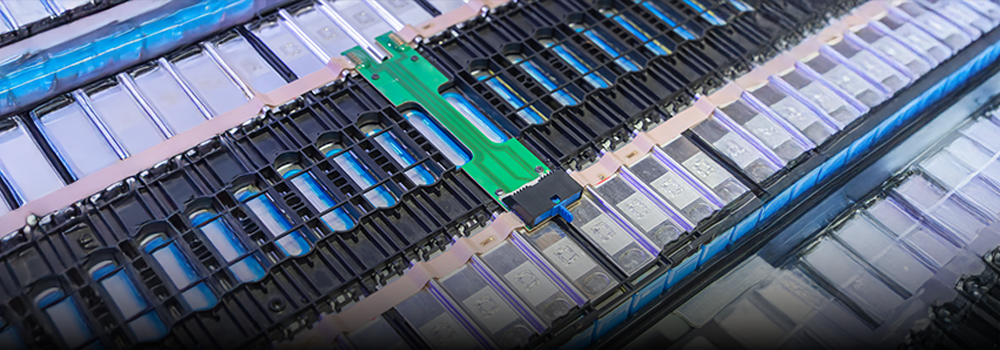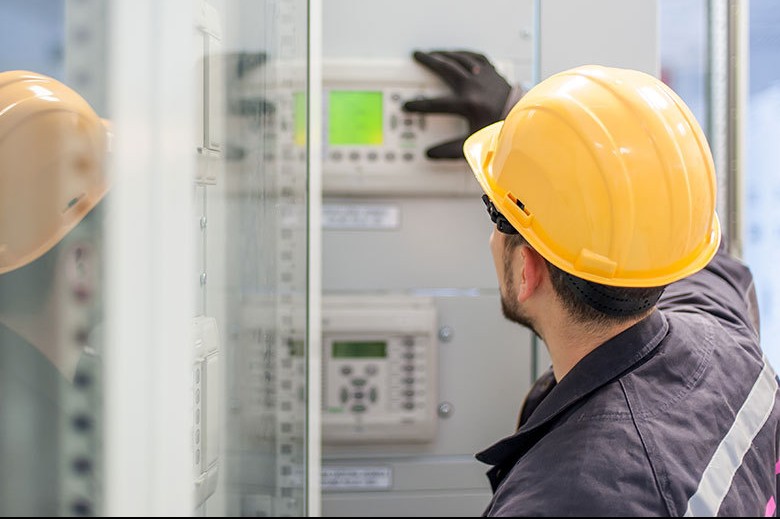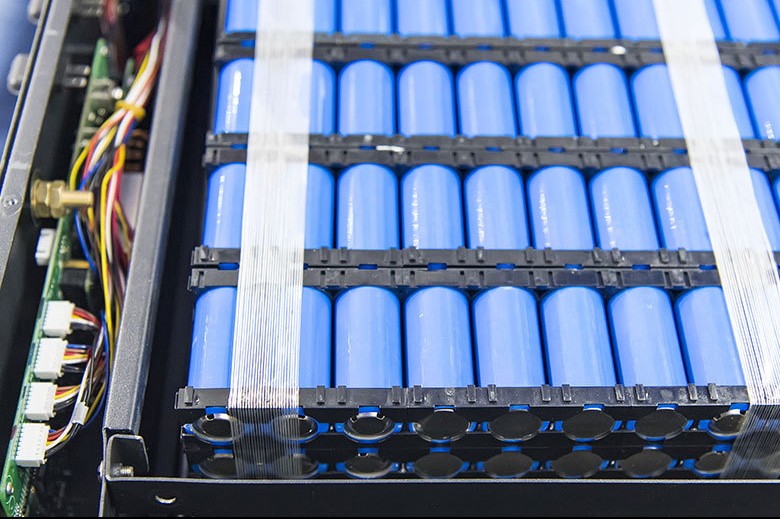News
The Future of Power: Exploring Innovative Solutions
Unplanned power loss remains one of the most serious operational risks facing digitally driven organisations. A single interruption can corrupt data, halt production and compromise safety systems which can lead to a damaged brand reputation. Simultaneously, executive teams are setting ambitious targets to reduce energy consumption and greenhouse‑gas emissions.
The conventional uninterruptible power supply (UPS) model, built around valve‑regulated lead‑acid batteries and run‑to‑fail maintenance, is increasingly misaligned with these expectations. This article examines the pressures shaping modern standby power strategies and outlines the technologies that are redefining resilience, efficiency and sustainability.

Mounting Pressures on Critical Power
Several converging forces test the limits of traditional UPS installations:
- Escalating critical load. Processor-dense AI clusters, automated warehousing and 24‑hour customer platforms demand a continuous, high‑quality power supply that legacy UPS frameworks were never designed to support.
- Ageing energy storage. Many facilities continue to operate battery strings that are approaching or beyond their maintenance service life, dramatically increasing the likelihood of failure at the very moment support is required.
- Reactive maintenance culture. Operating in a fire‑fighting mode inflates costs, extends mean time to repair and distracts engineering teams from higher-value strategic work.
The combined effect is a narrowing operational margin as expectations for near-perfect uptime continue to rise, yet the underlying infrastructure is ageing and maintenance resources are finite.
Emerging Technologies Redefining UPS
Lithium-ion and advanced chemistries. Modern lithium-ion batteries provide greater energy density, longer calendar life and faster recharge rates than traditional lead-acid batteries. Their reduced footprint and lower cooling requirement unlock valuable floor space while extending maintenance intervals. Emerging chemistries such as nickel-zinc and sodium-ion promise similar advantages with an even smaller environmental footprint.
Modular high-efficiency architecture. Contemporary UPS systems employ a scalable, hot-swappable module design. Capacity can be aligned precisely with present demand, eliminating the inefficiencies associated with oversizing. Should a module develop a fault, it can be replaced without transferring the load to bypass, preserving protection and avoiding disruptive downtime.
Grid-interactive and renewable-ready control. Bidirectional power electronics enable the UPS to store excess on-site generation, mitigate demand peaks, or provide ancillary services to the distribution network. In effect, the UPS evolves from a passive insurance policy into an active energy‑management asset capable of generating cost savings or incremental revenue.
Predictive analytics and condition-based maintenance. Deploying a dense array of IoT sensors allows continuous monitoring of battery impedance, thermal profiles and harmonic distortion will become the norm. Future machine‑learning models will then analyse these data streams to detect anomalies well before they develop into service‑affecting incidents. UPS maintenance can therefore be scheduled during planned windows, spare parts ordered proactively, and technician visits consolidated, lowering both operational risk and total service cost.
Edge‑ready form factors. Critical digital infrastructure is no longer confined to large data halls. Retail branches, micro‑edge compute nodes and IoT gateways all require robust power protection. Compact, fan‑less lithium‑ion UPS platforms extend enterprise‑class resilience to these remote locations without demanding on‑site engineering expertise.
Why Adept Power Solutions?
Adept Power Solutions (APS) specialises in translating these technological advances into dependable, business-aligned outcomes.
- Vendor-neutral consultancy. Our engineers begin with a detailed assessment of load profile, availability targets, and sustainability objectives, then recommend the most suitable hardware from a broad portfolio that includes proven manufacturers such as Eaton and Riello.
- Turnkey project execution. APS manages every phase, initial survey, electrical installation, commissioning and acceptance testing, under a single point of accountability. Clear communication channels and rigorous project governance minimise schedule risk and eliminate grey areas of responsibility.
- Continuous monitoring and expert support. The Adept Remote Monitoring platform streams live telemetry to our service centre. Potential defects are identified early, and remedial action is arranged at a mutually convenient time, preventing unplanned outages.
- Commitment to sustainability. We facilitate lithium‑ion installations, organise compliant recycling of legacy batteries and specify high‑efficiency power modules to reduce energy consumption and emissions. These initiatives support corporate and regulatory reporting requirements without compromising resilience.
- Rapid incident response. Should an unexpected event occur, APS field engineers and stocked spares hubs ensure a swift on‑site intervention, restoring full protection in the shortest possible time.
Next Steps Toward Reliable, Sustainable Power
Organisations are under mounting pressure to deliver uninterrupted service while demonstrating tangible progress toward environmental goals. Traditional UPS topologies, though reliable in the past, cannot fully address this dual mandate. By adopting lithium‑ion storage, modular architectures, advanced analytics and grid‑interactive controls, power‑critical facilities can enhance availability, improve efficiency and align with long‑term sustainability commitments.
Adept Power Solutions stands ready to guide you through this transition. Contact our team today to discuss the most effective path forward.
Discover More

Installing a UPS is a reliable way for businesses to protect critical infrastructure, here we will break down the key factors to understanding the importance of the UPS environment.
Learn More
There are many reasons why Lithium-ion (Li-ion) batteries are set to become the preferred choice by businesses investing in a UPS solution. Read our blog on why Li-ion batteries are leading the way!
Learn More